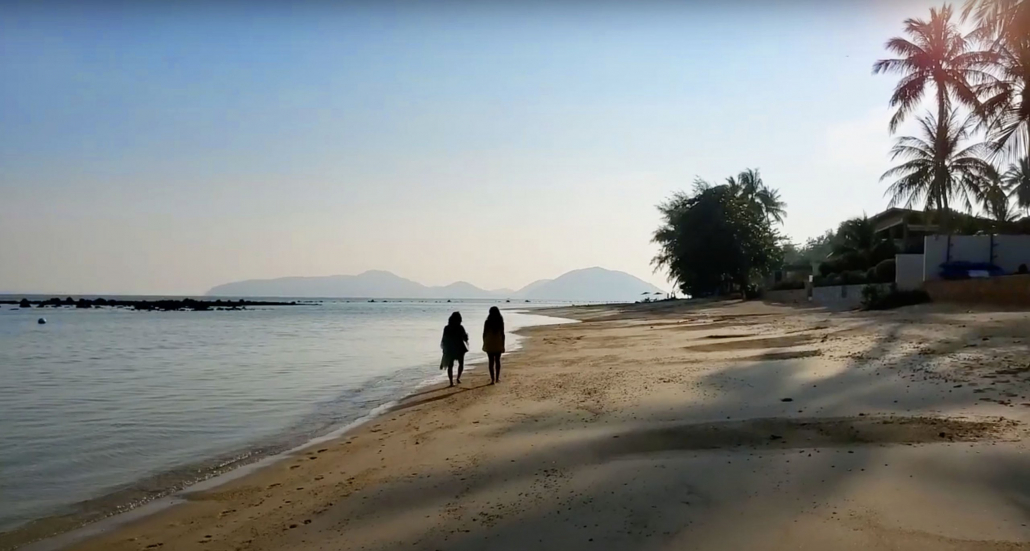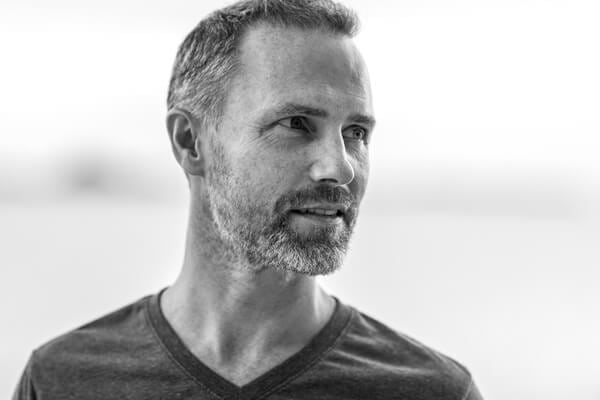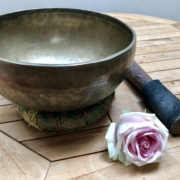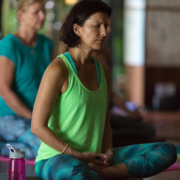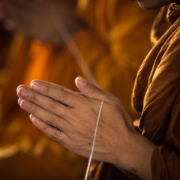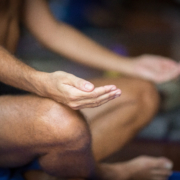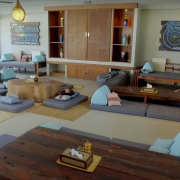 https://samahitaretreat.com/wp-content/uploads/2024/03/DJI_20231220135922_0003_D-scaled.jpg
1920
2560
Kirsten Mia
http://samahitaretreat.com/wp-content/uploads/2024/01/samahita-logo-v2.svg
Kirsten Mia2024-03-20 15:30:592024-03-20 15:30:59Travel, explore, be curious!
https://samahitaretreat.com/wp-content/uploads/2024/03/DJI_20231220135922_0003_D-scaled.jpg
1920
2560
Kirsten Mia
http://samahitaretreat.com/wp-content/uploads/2024/01/samahita-logo-v2.svg
Kirsten Mia2024-03-20 15:30:592024-03-20 15:30:59Travel, explore, be curious!Empathy – What sets us Apart
There are a myriad of responses to what is it that sets us apart? Apart from other species? Apart from other human beings? Apart from spirit itself? Apart from other beings in this multidimensional universe? In short, in keeping ourselves apart, separate from ourself, our center, others, we are automatically divided, separate, apart. The distinction appears to be in a mindset that flows towards connection with ourself and with others, or it flows away from who we are at our core and away from the well-being of others. Do we see division, problems, issues, people to blame? Is there an inner connection beyond an imagined or verbally justified one when communicating with others?
The linchpin here is empathy. Yes. Empathy sets us apart. Not necessarily human beings and other species as empathy is observed in other creatures. Empathy, or its lack, seems to separate people, its lack blocking the inner connection, the spiritual quest, setting us apart from ourselves in reality. Its lack acts as a dividing factor, a block in intercommunication.
So what is empathy? In a simple sense, can you feel, sense, and viscerally understand what another person, or creature, is going through? Your pet dog or cat just might have that with you as they snuggle up to you when you’re not feeling great. And they want the same. A child might express it innocently as they feel it and come to comfort you. Or your local neighborhood dolphin is well tapped into it. It seems we are all capable of it. Even cruel tyrants felt it for those they cared about. Such empathy, though, becomes situational and fleeting. Can we embody it all the time in all situations? Some studies refer to empathic burn out. Though a real event, it is the opposite end of the empathic spectrum to the tyrant’s case. And yet it is not a robust response either.
“A greater understanding of how people behave, the nature of this world as out of balance, its place as a tricky learning ground of a variety of experiences can strengthen, not replace, your empathy.
Balance is key. Empathic maturity. Which blends into compassion. Maybe we can call this empathy-with-understanding. This form of robust empathy comes loaded with kindness, strength, and caring. Your empathy will lead to kind behavior, you will care, you will also be a strong support, not getting burnt out, which means not identifying with the other’s situation though feeling and understanding it all the same. This is important for an overall spiritual evolution, both personally and collectively. The more you can connect within, the greater empathy and compassion are but also the greater their balance. Radiate it from your heart as opposed to it overpowering you. It becomes a self-perpetuating, reinforcing process, deeper within, greater empathy without.
As a careful observer of human behavior, recently I was considering certain human responses to certain people in certain situations (conveniently vague here), and that politeness seemed not be present, kindness was not forthcoming, a lack of understanding of the other’s case was rampant, with little supportive behavior to help the other, whereby a trigger for a whole cascade of positive effects was just lost. It brought up my empathy actually, feeling the lack of this set of behaviors. And of course that hurts the heart as we want to see a world improving. The understanding is, unfortunately, some people behave without an empathic sensibility to others. Though I know there is little I can do about that personally in many people’s cases, I can do something by tuning into it myself, bringing it up in my own practice, delving into forgiveness from there, so whoever I interact with it is present. That in its small way is a shift in the right direction. And it keeps it robust and avoids falling victim to empathic burn out.
Yet it seems it’s easy to forget and fall into situational empathy, when it suits and to whom you feel it is appropriate. But it is something, a ‘muscle’, you could flex everyday as you look around you. It will rise more naturally in how you feel when you see other creatures or people in some uncomfortable situation. And our response? Kind and care. We have a choice in how to respond but empathy is automatic from inside. If it’s not then it can be built, if focused on. And if you believe you feel empathy that involves strong emotionality then a greater understanding of how people behave, the nature of this world as out of balance, its place as a tricky learning ground of a variety of experiences can strengthen, not replace, your empathy.
Come from the heart. Be kind-hearted. In effect, pure of heart. That may be the answer to the final question posed above, communication with other life forms (beyond this planet) are waiting for our collective empathetic levels to rise because then ’they’ know it’s a good time to visit and share their learnings in this universe. But that aside, for now build it into a daily forgiveness practice, as our brief video in this email highlights.
In empathic love, care, and kindness, on earth or amongst the stars, being centered is still crucial.
Dr. Paul Dallaghan’s expertise with breathwork, body and meditative practices comes from three sources: (1) three decades of daily dedicated practice and teaching these techniques; (2) uniquely acknowledged in the Yoga tradition by the title of “Master Yogi-Prānācharya (expert in breath)”, following an immersion in the original culture through one-on-one direct training in practice and study of ancient texts; (3) a PhD in doctoral scientific research at a leading US university (Emory) covering both the tradition and science of yoga and breath practices in terms of stress, health and aging. As a result, Paul occupies a unique space to impart genuine teaching and science on the breath, body, and meditative practices, seen as a Teacher-of-teachers and identified to carry on the tradition of Pranayama. His sincere and ongoing role is to teach, write and research, to help put out experienced and authentic information on these areas of how we live, breathe and be, to help people improve their mental and physical health, and live more fulfilling lives.
For more on his background see his bio
More from the Samahita Blog
